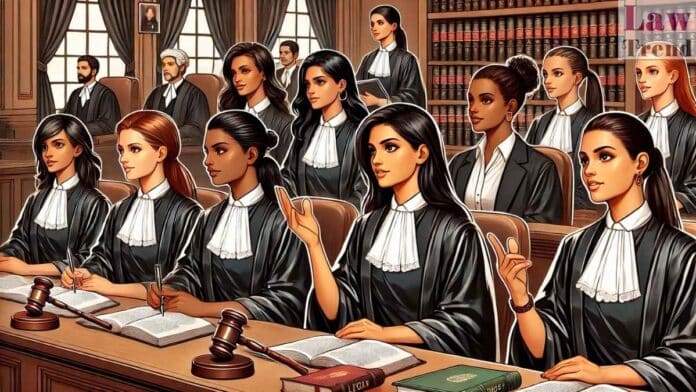The Bombay High Court on Wednesday stayed the Bar Council of India’s (BCI) order suspending a woman lawyer’s license over alleged misconduct, highlighting serious lapses in procedural fairness. The ruling was delivered by a Bench comprising Justices GS Kulkarni and Advait M Sethna. The Court observed that the BCI had failed to adhere to the
To Read More Please Subscribe to VIP Membership for Unlimited Access to All the Articles, Download Available Copies of Judgments/Order, Acess to Central/State Bare Acts, Advertisement Free Content, Access to More than 4000 Legal Drafts( Readymade Editable Formats of Suits, Petitions, Writs, Legal Notices, Divorce Petitions, 138 Notices, Bail Applications etc.) in Hindi and English.




